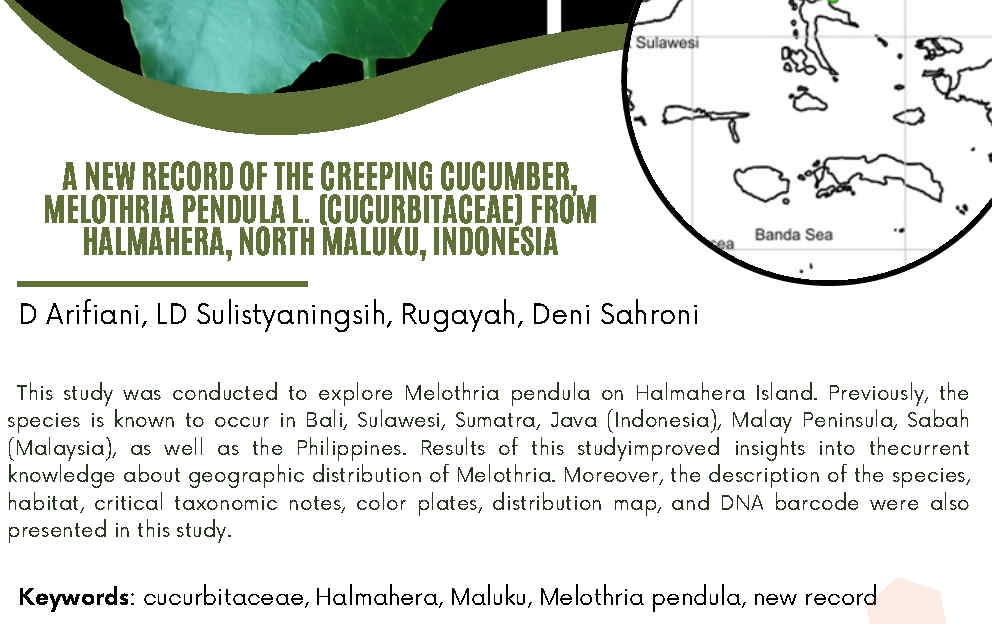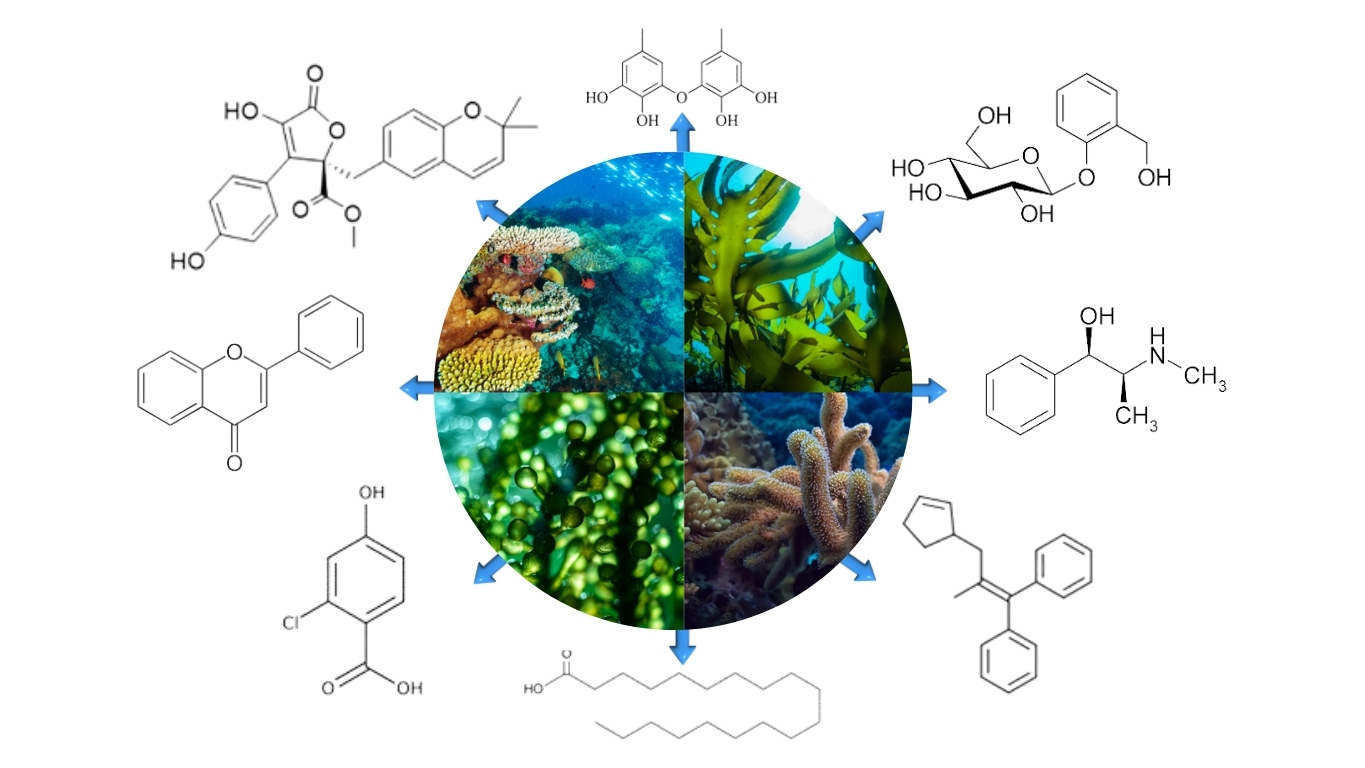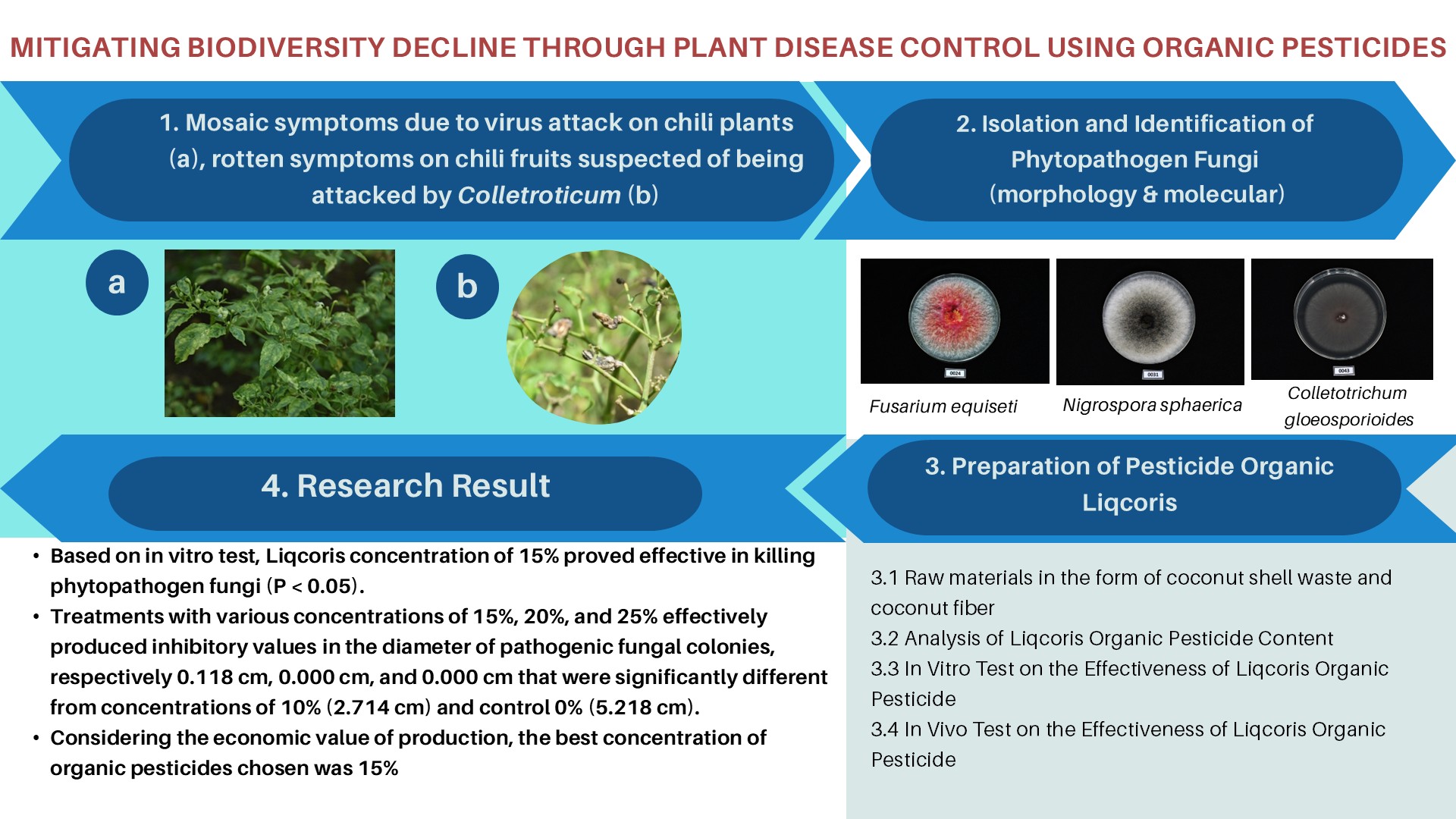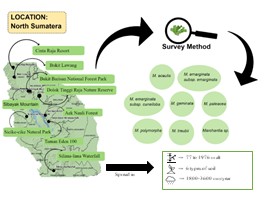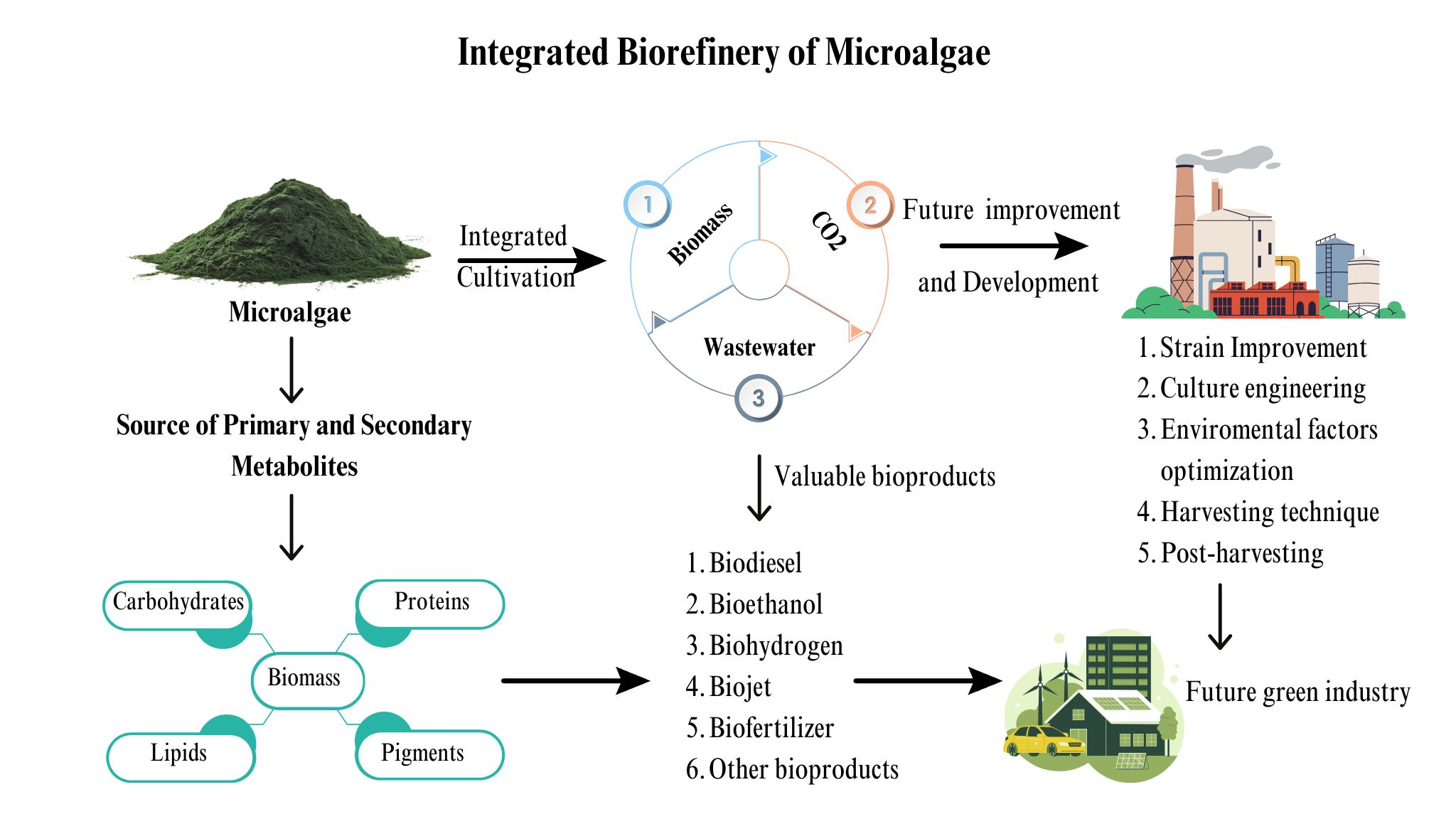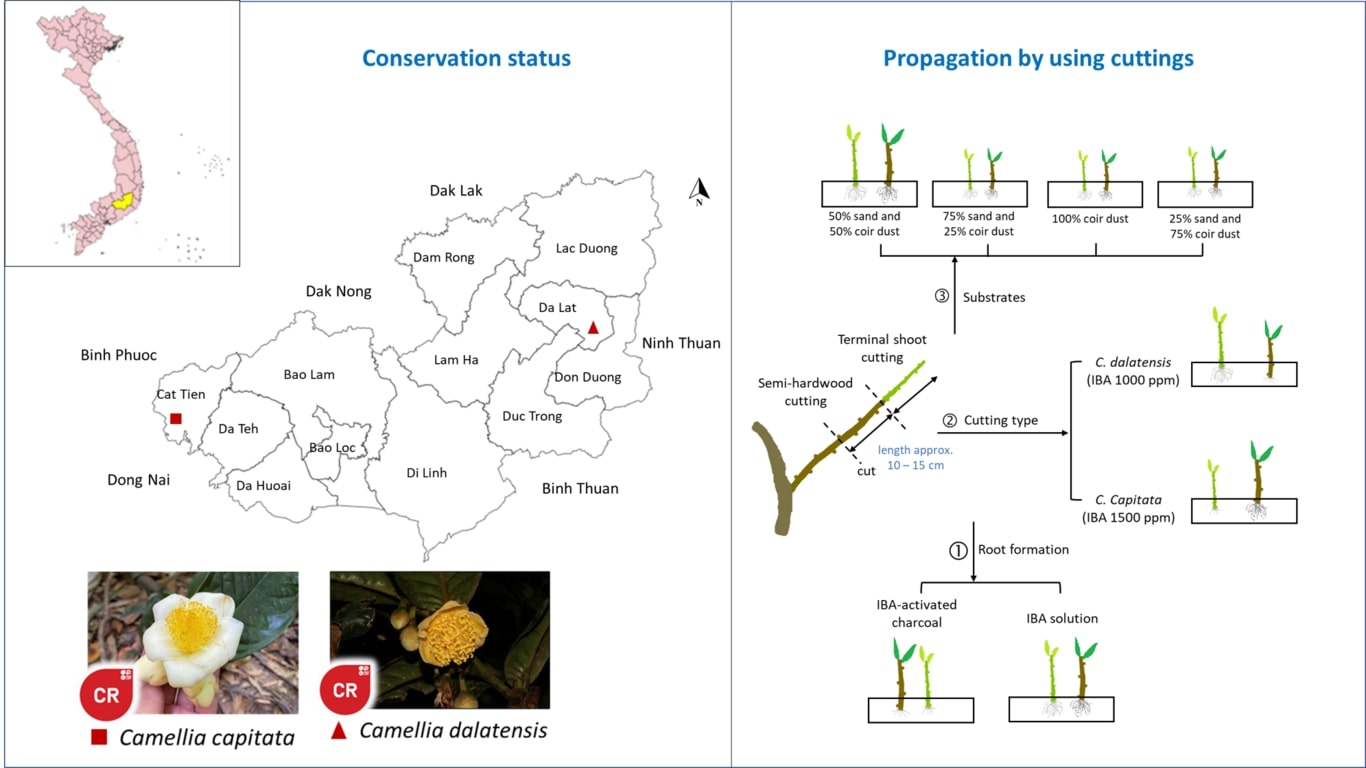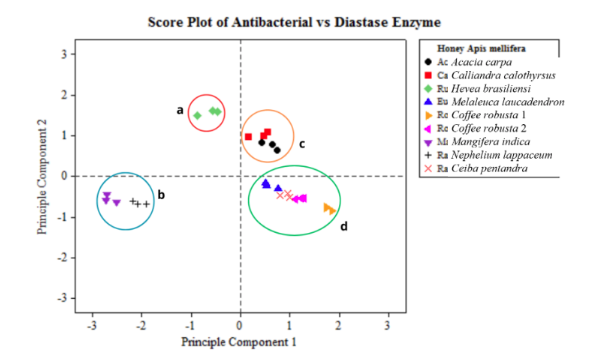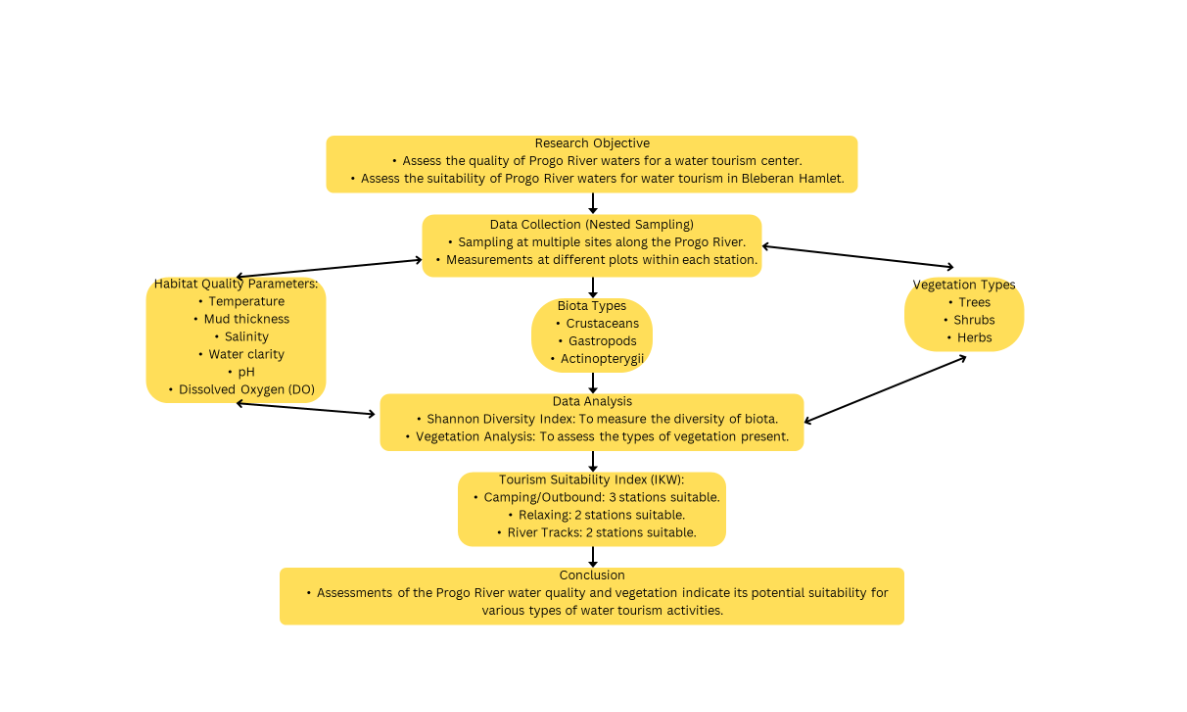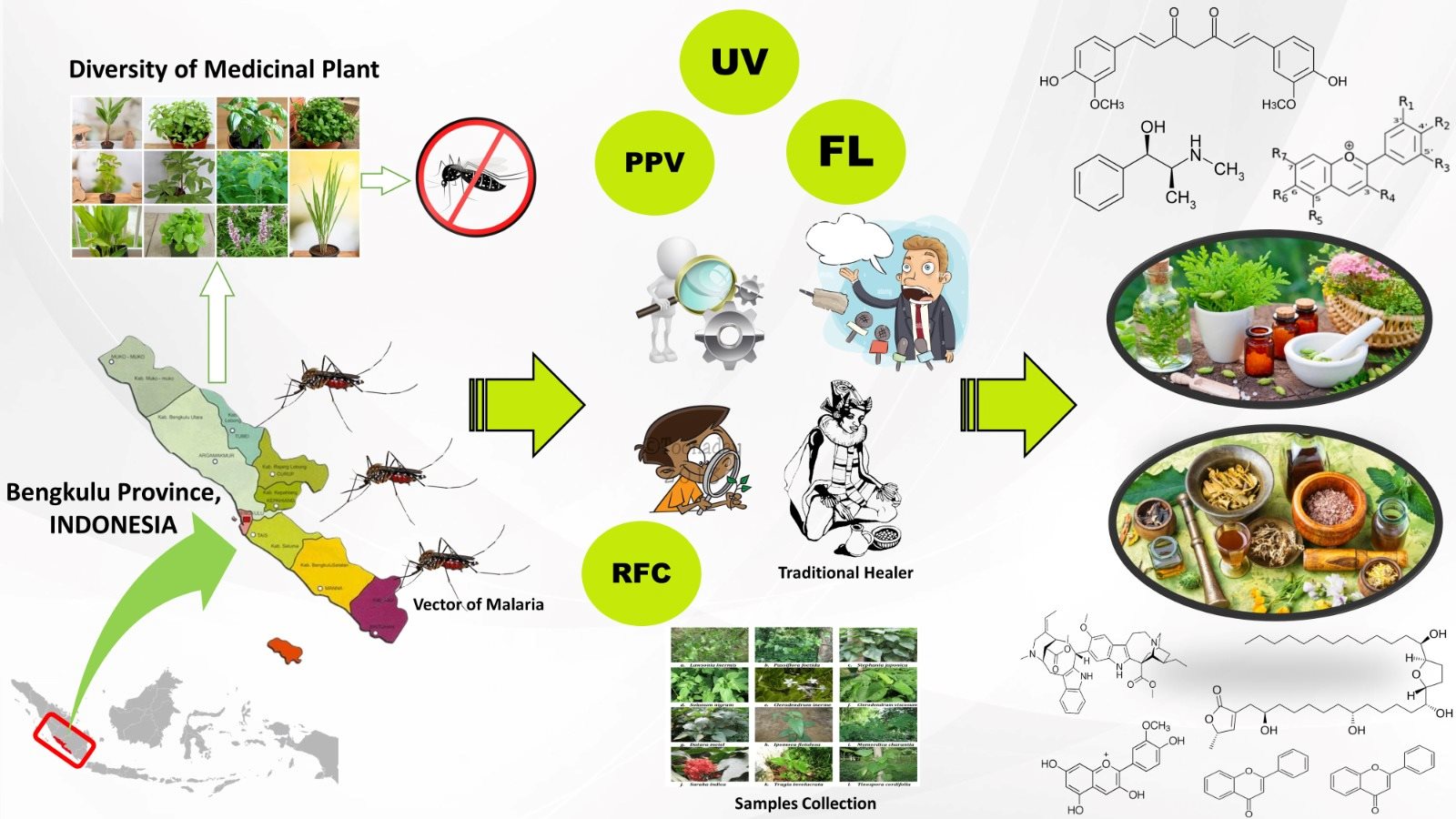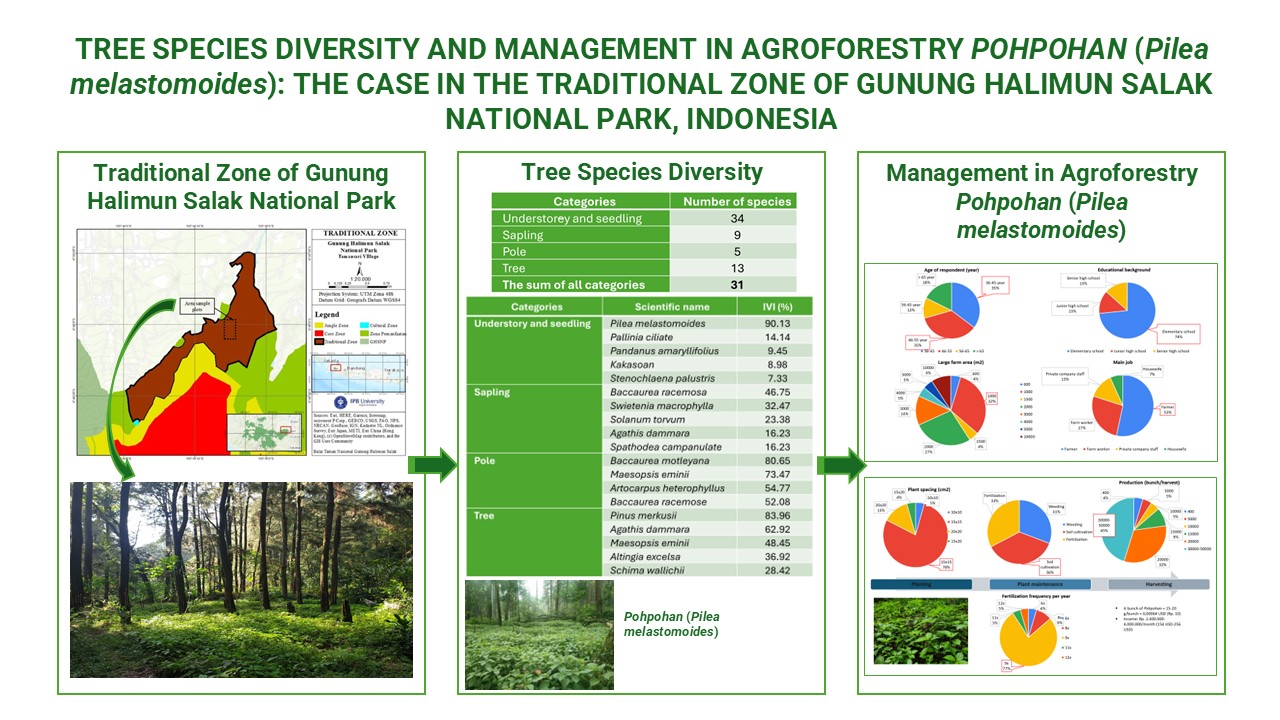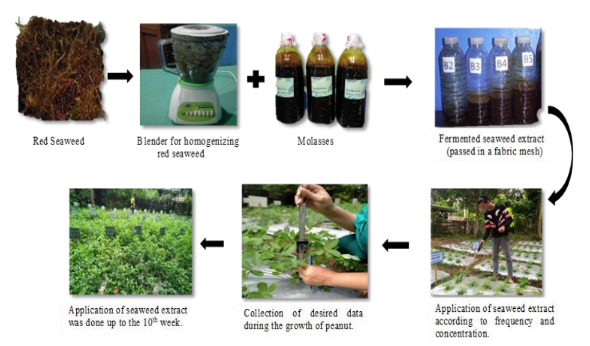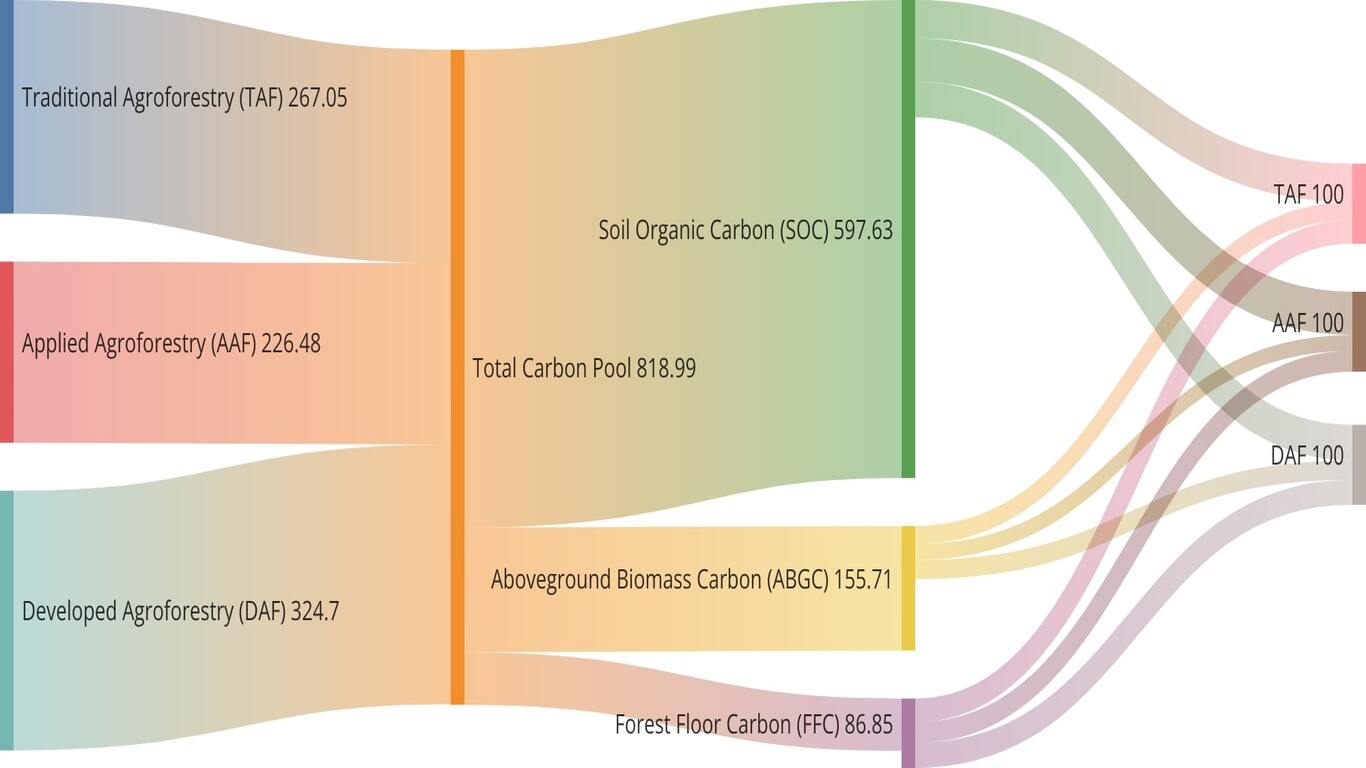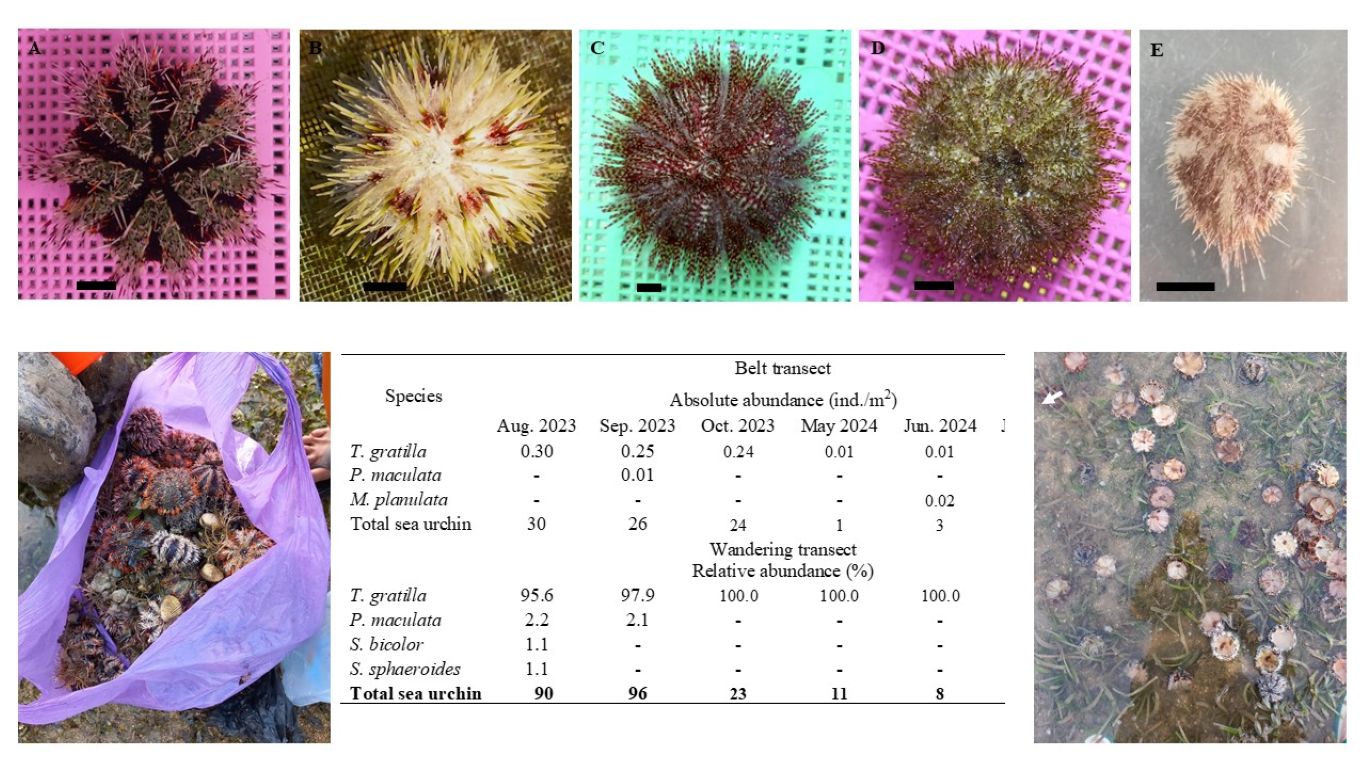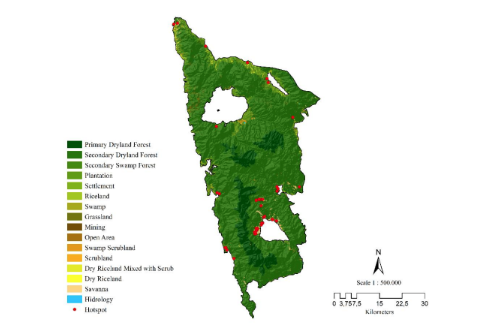EFFECTS OF PHOTOPERIODS ON THE CLONED GTH GENES IN HARD-LIPPED BARB (Osteochillus hasseltii)
Downloads
Photoperiod is one factor that regulates the endocrine gland’s production of hormones necessary for gonadal growth and development, gametogenesis and reproductive cycles in fish reproduction. However, studies on the influence of photoperiod on tropical fishes are still limited. Hence, this study investigates the effects of photoperiod on the hard-lipped barb, particularly, the genetic expression of its cloned gonadotropin hormones I (GtH-I) and II (GtH-II) genes. Experiment was designed using three treatments; 14L: 10D (control), 8L: 16D (short photoperiods), and 18L: 6D (long photoperiods). Four aquariums with nine fishes/tank were used, serving as replicates. The fishes were kept under these different photoperiod lengths for eight weeks.  Pituitary activities were observed by measuring the GtH genetic expression.  The length of cDNA GtH-I was 222 bp, and the cDNA GtH-II was 354 bp. The GtH-I precursors encoded by cDNA consisted of 67 amino acids, including mature peptide. The level of GtH gene expression significantly increased as longer photoperiods were administered. The results indicated that photoperiod lengths affect the hard-lipped barb reproductive performance.
Downloads
Authors who publish with this journal agree with the following terms:
- Authors retain copyright and grant the journal right of first publication, with the work 1 year after publication simultaneously licensed under a Creative Commons attribution-noncommerical-noderivates 4.0 International License that allows others to share, copy and redistribute the work in any medium or format, but only where the use is for non-commercial purposes and an acknowledgement of the work's authorship and initial publication in this journal is mentioned.
- Authors are able to enter into separate, additional contractual arrangements for the non-exclusive distribution of the journal's published version of the work (e.g., post it to an institutional repository or publish it in a book), with an acknowledgement of its initial publication in this journal.
- Authors are permitted and encouraged to post their work online (e.g., in institutional repositories or on their website) prior to and during the submission process, as it can lead to productive exchanges, as well as earlier and greater citation of published work (See The Effect of Open Access).









